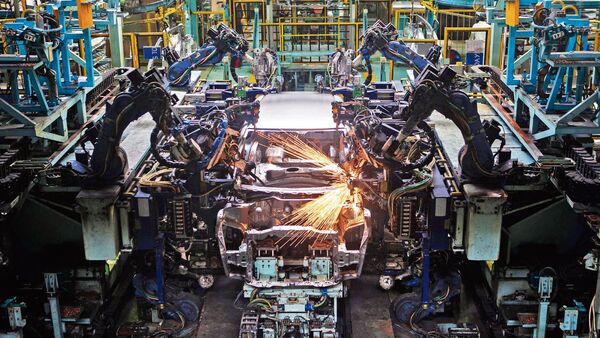Home / Environment / Auto Lobby Pushes for Stronger 'Super Credit' Incentives, Defying Global Emissions Norms
Auto Lobby Pushes for Stronger 'Super Credit' Incentives, Defying Global Emissions Norms
18 Nov
Summary
- Auto industry lobby urges India to increase 'super credit' value for EVs
- Global bodies warn 'super credits' weaken India's emissions framework
- Concerns raised that 'super credits' allow selling more high-emitting vehicles

In November 2025, India's auto industry lobby is engaged in a tussle with global clean-transport bodies over the use of 'super credits' in the country's emissions regulations. The Society of Indian Automobile Manufacturers (SIAM), which represents all major carmakers, has urged the government to increase the 'super credit' value for electric vehicles from three to four.
'Super credits' allow automakers to count one EV as multiple vehicles when calculating their corporate average fuel efficiency (CAFE-III) emissions. This is intended to incentivize the gradual adoption of cleaner vehicles. However, the Geneva-based International Road Federation (IRF) and the US-based International Council on Clean Transportation (ICCT) have warned that these generous credits are actually weakening India's overall emissions framework.
The global bodies argue that 'super credits' artificially lower a carmaker's average emissions, enabling them to sell more high-polluting petrol and diesel models while still meeting targets through the multiplier system. They say this approach is out of step with global norms, which are moving towards tighter emissions regulations.
Despite these concerns, the Indian auto lobby remains adamant about expanding the 'super credit' benefits. The industry is also demanding that EVs be treated as consuming 'zero energy', which experts have called "impractical and against the basic laws of physics". The government is now faced with the challenge of balancing the industry's demands with the need to uphold robust emissions standards.




